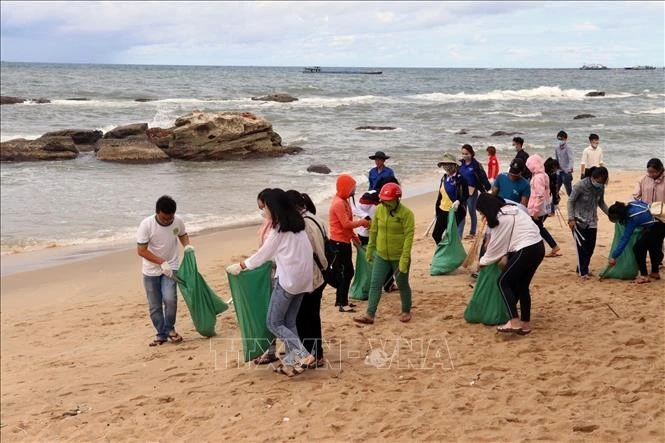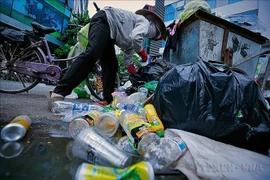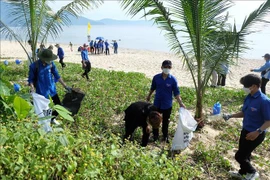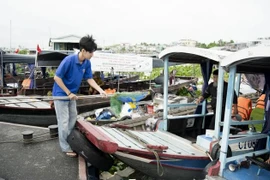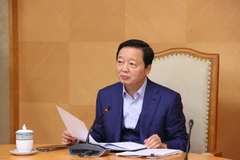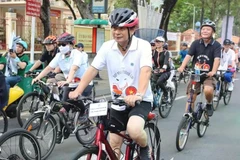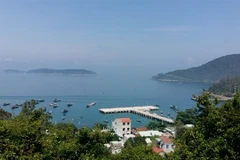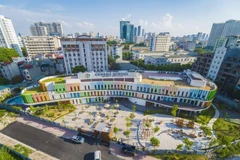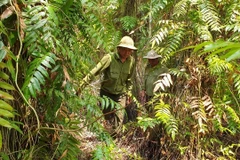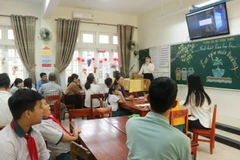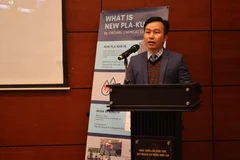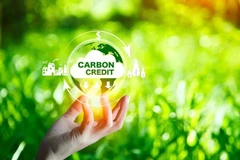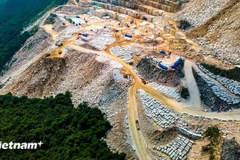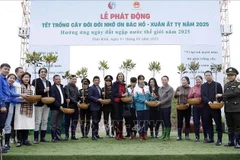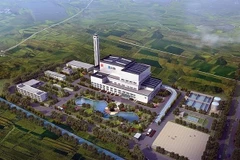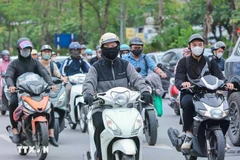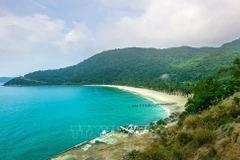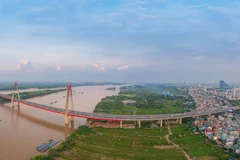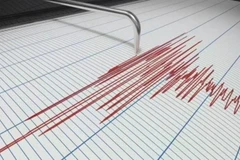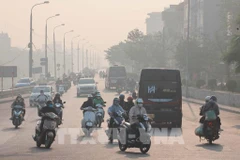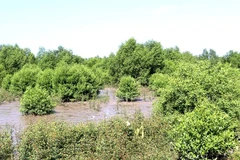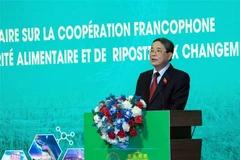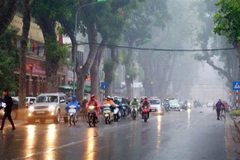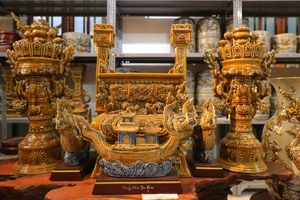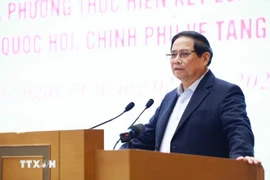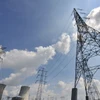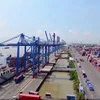Hanoi (VNA) – Plastic waste in Vietnam does not remain stationary but moves from inland areas and rivers to the coast, posing serious economic and environmental threats - especially to fisheries and tourism.
This is a key finding from the “Sources, Sinks, and Solutions for Impacts of Plastics on Coastal Communities in Vietnam” (3SIP2C) project, funded by the UK Government’s Global Challenges Research Fund (GCRF).
Launched in 2022, 3SIP2C is a collaboration between Heriot-Watt University (UK) and several Vietnamese institutions, including Phenikaa University, the Institute for Environment and Resources (Vietnam National University – Ho Chi Minh City), and the Institute of Vietnamese Studies and Development Science (Vietnam National University – Hanoi).
The project aims to identify sources of plastic waste, assess its socioeconomic and environmental impacts, and propose policies to minimise its effects on coastal communities and key industries such as fisheries and tourism.
According to Professor Luu Ngoc Hoat, Vice President of Phenikaa University, Vietnam’s 3,200 km coastline plays a vital role in economic development and local livelihoods. However, plastic pollution is severely threatening ecosystems, public health, and economic sustainability. Each year, approximately 730,000 tonnes of plastic waste enter Vietnam’s marine environment, highlighting the urgent need for coordinated action.
Since the project's launch, researchers have completed five key components, including collecting samples and analysis of different water bodies to evaluate plastic waste concentrations and types. The also conduct laboratory and field experiments to understand plastic pollution’s impacts as well as assessing economic and social impact on fisheries, aquaculture, and tourism in selected localities.
Consultations with stakeholders were also organised through workshops, and community engagement activities to gather insights and discuss solutions.
Findings from studies conducted in the Red River Delta and Cat Ba island (Hai Phong City) reveal that monsoons and storms significantly influence plastic waste distribution. During the dry season, 76.1% of large plastic waste moves southward, while 23% accumulates near the Red River Delta.
Meanwhile during the rainy season, 42% of plastic waste drifts into the Gulf of Tonkin, while typhoons disrupt accumulation patterns along the coast.
The research results also pointed out that plastic waste is negatively affecting fisheries and aquaculture, reducing catch efficiency and economic returns. Additionally, microplastics pollution is a growing concern, as these tiny particles carry toxic substances such as heavy metals, pesticides, and antibiotic residues, posing serious health risks.
To address this, researchers from Phenikaa University and Heriot-Watt University have developed advanced sampling technology to more accurately measure microplastic concentrations in the environment.
The research team also found that fishermen and farmers are willing to participate in plastic waste collection and recycling efforts. However, stronger incentives are needed, such as expanding public awareness campaigns on the impact of plastic pollution and introducing incentive programmes for fishermen to bring plastic waste back to shore instead of dumping it at sea.
Fergus McBea, First Secretary for Climate and Nature at the British Embassy in Vietnam, emphasised that 3SIP2C is one of five initiatives funded by the UK Government’s Global Challenges Research Fund. He expressed his hope that the project’s findings will pave the way for long-term solutions to reduce plastic waste in Vietnam’s coastal regions./.
